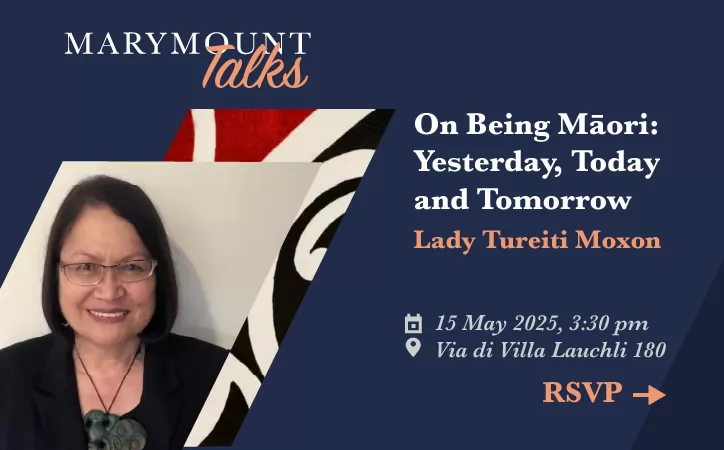Gianni Borgna: Rome's king of culture
Astronomists on the warpath and their industrial enemies signed an armed truce on 21 October in a mutual deal to clean up the ever-dirtier skies over the cities of Italy. To the fury of the sky-watchers, some 30 per cent of the electricity consumed in defective lighting systems in cities is thrown up at the skies and wasted, not only obscuring the astronomers vision of the heavens but squandering some 350 million a year.
And where did the contenders meet? In Romes planetarium out at EUR, housed under the lofty vaults of the Museum of Roman Civilisation (Museo della Civilt Romana), a brainchild of Gianni Borgna, today the uncrowned king of culture in Rome, and just one of scores of innovations that have utterly transformed the face and allure of the city over the past 13 years.
Its a project Ive long had at heart, commented Borgna in 2004 at the inauguration of the planetarium, 20 years after the closure of the old one in the Baths of Diocletian near Stazione Termini. Until recently, Romans were ill at ease at the mere mention of EUR. Now it has an attraction, he said.
Since 1993, Borgna, a Roman with a philosophy degree and described by a long-standing friend as a man with a passion for doing, has ruled over the Rome councils department of cultural policies (assessorato alle politiche culturali), a vast kingdom ranging from daring archaeological digs in the Roman forums to pop concerts at the Colosseum.
He started out politically as a Lazio regional councillor in 1975. Since then he has been one of the rescue workers together with the left-wing mayor Walter Veltroni and his predecessor Francesco Rutelli salvaging Rome from what it was in the 1980s, the result of rot under the old Christian Democrats. It was completely behind, turned off, marginalised in comparison with other European cities, he told the art magazine Albatros this year. Since then, the change has been total, were now in the avant-garde of things, back on the world circuit. Rome today produces culture that generates interest abroad, which in turn translates economically into money, through tourism, entertainment, art shows Culture is not throwing money away but doing things that put a huge lot of money into the state coffers.
The list of things done is phenomenal and the potted biography put out by his office calls him a champion above all in revolutionising the capitals museums and exhibition spaces, from the Scuderie del Quirinale to the Capitoline Museums themselves. It was Borgna who in 1993 miraculously persuaded the city museums to stay open until 19.00 instead of clanging shut their portals at the unfriendly 13.00. He has opened or restored theatres as well, from Il Globo in Villa Borghese to the new one in far-flung Tor Bella Monaca, where Leonardo di Caprio premiered two of his short films last month. In the outskirts he has opened new libraries and coaxed 50 bookshops into being. He has also masterminded many of the great art shows laid on in Rome during his term in office.
He was in from the start on the creation of Renzo Pianos beetle-like Auditorium-Parco della Musica, which was funded entirely by the city council, attacking the state for its not-a-penny for a world-class concert hall policy. And, working with mayor Walter Veltroni on twinning Rome with Paris, in 2002 the pair had the idea of a Rome version of the Parisian Nuit Blanche, its now annual Notte Bianca, adored by many, loathed by sleepless others.
No wonder art critic Marcello Fagiolo, who was behind the recent show Roma Barocca at Castel S. Angelo, called Borgna a great manager, though portraying him now as a disappointed man after missing election to the senate with the Democrats of the Left (Democratici di Sinistra) in the April elections. But for a member of his staff at the culture headquarters in Piazza Campitelli he was also a likeable and human man and above all very approachable and helpful.
But there is more to Borgna than a dynamic fixer and ideas man. He is, for instance, one of Italys best-known experts on popular music, author of Storia della canzone italiana and later of LItalia di Sanremo, both published by Mondadori, and as such now finds time to teach a course on the sociology of music at Romes Tor Vergata university.
He was also a close friend of Pier Paolo Pasolini and, at the age of 28, he gave his funeral oration after the filmmaker and novelists murder in 1975, an event that apparently left him badly shaken. Since then, as a big film buff himself, Borgna has not only published many a study on Pasolini, but has been a regular contributor to the monthly cinema review Filmcritica. Then in his official hat, he has done much to get up-and-coming Italian film directors on to the screen and has galvanised the Roma film commission, a body linked to the sprawling Cinecitt studios, his aim being to push Italian cinema and Romes ultra with-it filmmaking facilities. He was also behind Romes first film festival, which took place in October.
What more does he want for the city? To see the birth in Rome of a city of science, a gigantic project already aired in vague terms by the council, but a pipedream without an avalanche of cash from the state. Its a strategic need for the future of the country, he once pointed out.
Clearly, Gianni Borgna is a man who believes things can be made to happen.

















